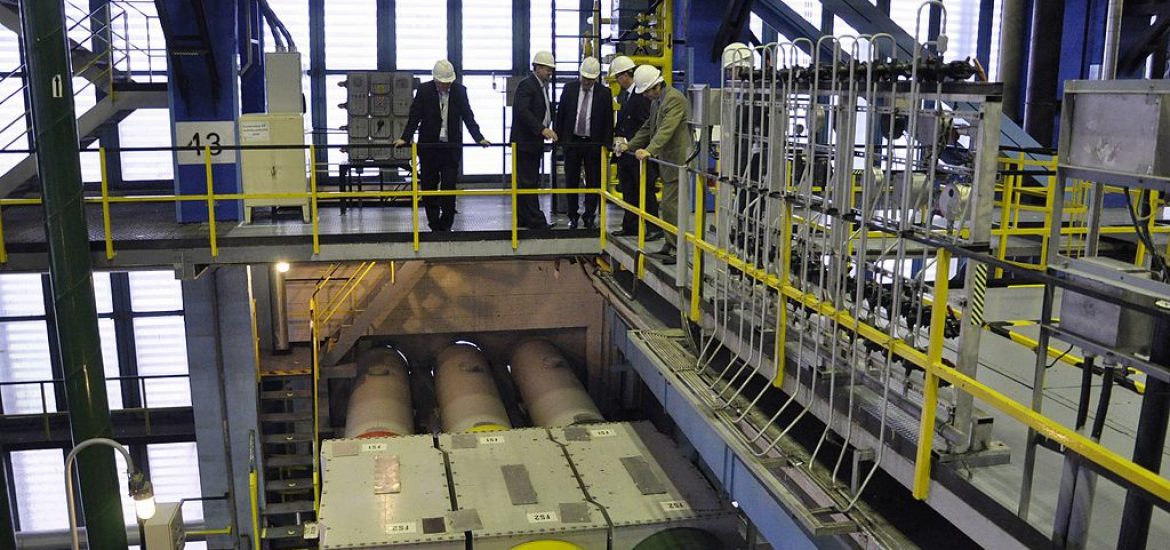
The European Commission avoided a dispute with Hungary over its murky nuclear power plant deal with Russia’s Rosatom, according to leaked documents from Brussels.
Nuclear energy remains a divisive topic across Europe as governments weigh up the need to cut carbon emissions with fears about nuclear safety.
The 126 nuclear power reactors currently in operation in the European Union account for around 50 per cent of the bloc’s low-carbon electricity output, saving as much as 700 million tonnes in carbon dioxide emissions each year.
France depends on nuclear power for over 75 per cent of its electricity needs.
Leaked European Commission emails and memos from 2016 suggest the EU’s executive branch was highly suspicious of the €12-billion Paks II nuclear contract with the state-run Russian nuclear agency.
Internal files appear to show Brussels backed away from confronting Hungary’s populist government and dropped its infringement case in November 2016 into Budapest’s failure to allow an open bidding process for the Paks II contract.
The commission and the populist government of Prime Minister Viktor Orban were already engaged in numerous disputes in 2016 over the nationalist Fidesz party’s moves to undermine democratic institutions and muzzle the independent media.
EU law requires competitive bidding for major projects.
Hungarian Green MEP Benedek Jávor, who released the documents after prolonged freedom of information requests, told Politico: “It was a political decision and then they tried to construct a reason ex-post. This is backed by these documents.”
The MEP, who opposes the Paks II plant, said it was unique for the commission to ignore a contract that contradicted so many EU principles.
The documents suggest the Hungarian government argument that Rosatom – or Russia’s State Nuclear Energy Corporation – was the only option for the technical requirements at Paks II was only proposed after Brussels raised questions about the contract.
The proposition that Rosatom was in a unique position to address the challenges at Paks II only appeared in 2016, while the contract was signed in 2014, Jávor claimed.
Rosatom’s US rival Westinghouse Electric, which discussed the Paks II project with Hungary, said it had been ready to submit an alternative bid.
A compromise where Hungary allowed European firms to bid for subcontracts at Paks II appears to have been agreed with the commission.
Westinghouse disagreed that Rosatom had exclusive technology and said Brussels was too quick to accept Hungary’s claim about the Russian agency’s unique skills.
“We had never received any questions about technical issues or concerns after two years of intense technical exchange,” said Michael Kirst, Westinghouse’s strategy chief.
European Commission spokeswoman Lucia Caudet said the decision was not unique.
“Any conspiracy theories or allegations of undue interference are unfounded,” she added.
Paks in Hungary. Picture credit: Wikimedia






The West and particularly Westinghouse really can’t blame Hungary very much. Looking at the disastrous Westinghouse projects in the USA (Vogtle and Sumner) and the French EPR builds in Finland and France, the only other options would have been Korea and China. At least with the Russians it is known that they can still build a reactor.